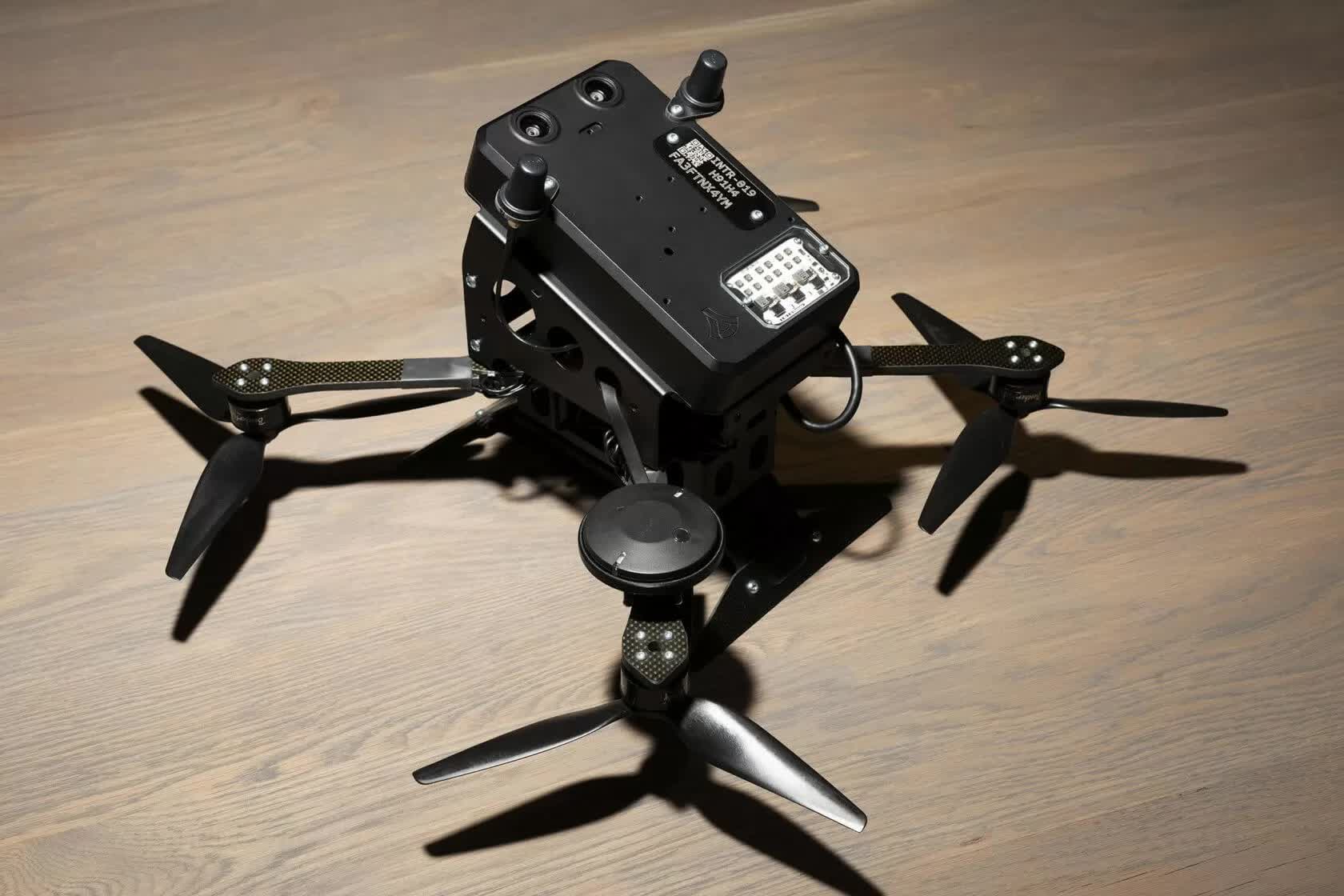Serving tech enthusiasts for over 25 years.
TechSpot means tech analysis and advice you can trust.
What just happened? The US has utilized large drones for military purposes for decades, but a rise in the use of small drones by adversaries has necessitated other measures. That’s why shoring up robust counter-drone defenses is such an urgent priority for the Pentagon. A new field exercise held at the Yuma Proving Ground in Arizona took place over four weeks in June, pitting counter-drone systems against coordinated swarms of up to 50 unmanned attackers from all angles – a harsh real-world torture test.
Michael Parent from the Joint Counter-small Unmanned Aircraft Systems Office (JCO), which runs these events, said that “Demo Five” was their most challenging drone defense test to date. The JCO was established in 2020 and has hosted similar industry demonstrations on the same ground for the past three years.
The scenarios included fast jets, slower prop-driven drones, and mini-helicopters, according to a report by Breaking Defense. These ranged from 20 pounds up to over 1,000 pounds. This aerial armada attacked in coordinated groups rather than one by one, with waves coming in from various coordinates and altitudes, cranking up the challenge to the maximum.
On the defensive side were nine systems developed by eight vendors – Clear Align, Trakka, ICR, ELTA, Teledyne FLIR, SAIC, ATSC, and Anduril.

Rather than relying on a single weapon or sensor, most defenses were “layered.” These utilized radars, cameras, RF scanners, and multiple types of drone disablers such as guided rockets, shooter drones, machine guns, and GPS/radio jammers. Coordinating all those sensors and effectors against the onslaught of unmanned attackers put the systems to the ultimate test. Interestingly, none used experimental laser or microwave weapons.
Compared to last year’s event with just five vendors, the larger field of nine systems gave decision-makers at the Pentagon a bigger selection to evaluate. The JCO officials are keeping quiet about which vendors’ tech fared best, though, at least publicly.
Performance is still being analyzed, but after the data is fully crunched, each service will decide if they want to pursue the acquisition of any of the demonstrated counter-drone solutions based on their strengths, weaknesses, and operational needs. There’s no obligation to buy anything.
The next major exercise is already slated for early 2025.
Masthead credit: DVIDS
>>> Read full article>>>
Copyright for syndicated content belongs to the linked Source : TechSpot – https://www.techspot.com/news/103966-massive-50-drone-swarms-batter-defenses-pentagon-most.html










